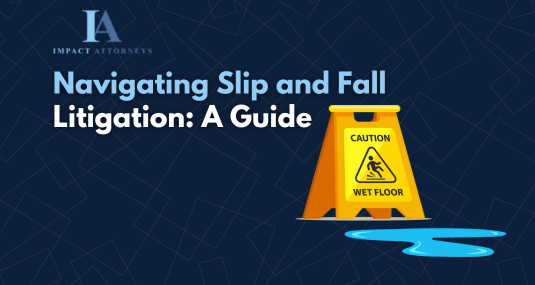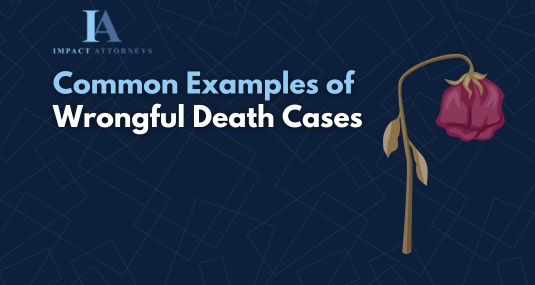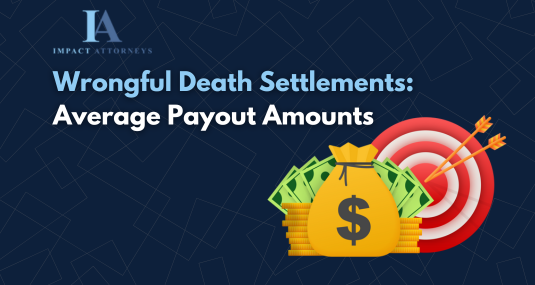Dog bites can be traumatic, causing physical injury, emotional distress, and financial burden. Knowing your rights and the necessary steps you need to take is critical for recovering damages. This blog post will guide you through the process of dealing with a dog bite and pursuing a personal injury case to ensure you receive fair compensation.
Immediate Steps to Take After a Dog Bite
- Seek Medical Attention: The first priority after a dog bite is your health. Even minor bites can lead to infections or complications if not treated promptly. Seek medical care to assess and treat your injuries. Medical records will also serve as crucial evidence in your case.
- Report the Incident: File a report with local animal control or the police. This creates an official record of the incident.
- Document the Attack: Collect evidence, including photographs of your injuries, the scene of the attack, and any damage to personal property. Obtain contact information from the dog owner and any witnesses.
- Avoid Communication with the Dog Owner’s Insurance Company: The dog owner or their insurance company may contact you to try and get you to accept a low-ball settlement offer. Refrain from making statements or accepting settlement offers from the insurance company before consulting an attorney.
Claims Not Limited to Dog Bites
Although most injuries from dogs are the result of bites, liability is not limited dog bites. Liability can be established if a dog causes you injuries. This includes injuries caused by a dog jumping on you or running into. For example, we dealt with a case where a dog got away from its owner and barreled into the client causing her to fall and break her leg.
Understanding Liability in Dog Bite Cases: Strict Liability vs. Negligence
1. Strict Liability for Dog Owners
Liability for dog bites typically falls on the dog owner, but it can vary depending on local laws.
California is a strict liability state. Under strict liability laws, dog owners are automatically responsible for damages caused by their dogs, regardless of the dog’s history. This means that the victim only needs to prove that the dog bit them and caused injury. One source of legal authority establishing strict liability for dog bites is California Civil Code section 3342, which states that the owner of a canine is liable for the damages incurred by any person who is bitten by the dog while in a public place or lawfully in a private place, including the property owner of the dog, regardless of the former viciousness of the dog or the owner’s knowledge of such behavior.
It is important to note that strict liability generally only applies to the dog owner. Other parties, such as landlords and property owners, may still be found liable for your damages based on a negligence claim. [1]
2. The Difference Between Strict Liability and Negligence
In strict liability cases, the defendant is automatically responsible for damages caused by the defendant. The party bringing the claim does not need to prove that the defendant’s negligence or reckless behavior caused their injuries. They simply need to prove that the prohibited act occurred.[2]
Conversely, for negligence claims, the defendant is only liable if they were negligent, meaning they were reckless or took less care than a reasonable person would have in similar circumstances.[3]
Who Can You Sue?
1. Dog Owner
The primary party you can sue is the dog owner. They are typically responsible for controlling their dog and preventing harm.
2. Landlords
Landlords may be liable if they knew a tenant’s dog was dangerous and failed to take appropriate action, especially if the attack occurred on their property.
Case Law Example: In Portillo v. Aiassa (1994) 27 Cal.App.4th 1128, a California court held a landlord liable for a tenant’s dog bite, as the landlord knew about the dog’s aggressive tendencies and failed to act.[4]
3. Property Owners
If a dog bite occurs on another person’s property, and they allowed a dangerous dog to be present, they might also be liable.
4. Animal Keepers
Anyone responsible for the dog at the time of the bite, such as a dog walker or a kennel, might be liable if their negligence contributed to the attack.
Potential Damages You Can Recover
1. Medical Expenses
You can recover costs for both immediate and future medical care resulting from the dog bite.
2. Lost Wages
If the bite caused you to miss work or impacted your future earning potential, you can claim lost wages.
3. Pain and Suffering
Non-economic damages for the physical and emotional distress caused by the dog bite can also be claimed.
4. Property Damage
If the dog bite resulted in damage to your personal belongings, you could seek compensation for the repair or replacement costs.
5. Punitive Damages
In cases of egregious conduct by the owner, punitive damages may be awarded to punish and deter such behavior.
Seeking Legal Help
Navigating a dog bite injury claim can be complex. It is advisable to consult with a personal injury attorney specializing in dog bite cases. They can provide guidance, negotiate on your behalf, and ensure you receive fair compensation for your injuries.
Conclusion
Being bitten by a dog is a serious matter that requires immediate medical attention and legal action to recover damages. Understanding who can be held liable, how to establish liability, and the types of damages you can recover is crucial for a successful outcome. If you find yourself in this unfortunate situation, taking the right steps can help you get the compensation you deserve and move towards recovery.
Our attorneys have handled numerous dog bite cases and help you recover the damages you are entitled to. If you or a loved one has been bitten by a dog, Contact Us right away to discuss your options.
[1] Civil Code, §3342.
[2] California Jury Instructions, CACI No. 463. Dog Bite Statute, https://codes.findlaw.com/ca/civil-code/civ-sect-3342-5/
[3] California Jury Instructions, CACI No. 400. Negligence, https://www.justia.com/trials-litigation/docs/caci/400/400/
[4] Portillo v. Aiassa (1994) 27 Cal.App.4th 1128





